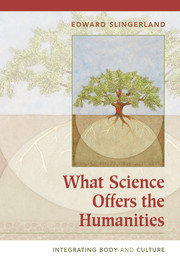Book contents
Introduction
Published online by Cambridge University Press: 05 June 2012
Summary
It is something of a commonplace these days that the humanities are facing a crisis, or at the very least find themselves having, in the words of Bruno Latour, “run out of steam” (2004). In the decades leading up to the end of the millennium, “Theory” triumphantly swept through the core humanities departments – not just literature departments but also anthropology, sociology, religious studies, art history, media and area studies, and large swaths of classics and history departments. It left in its wake a global suspicion of any sort of truth-claim, coupled with a fervent conviction that the distinguishing mark of “sophisticated” scholarship was an ability to engage with a prescribed pantheon of theorists. Now that the headiness of this intellectual revolution has worn off, an intellectual hangover appears to have set in. The application of theory to its object of analysis, for instance, has grown stultifyingly routinized and mechanical, characterized by precisely the kind of rigidity and deference to authority from which Theory was to liberate us. It was quite exciting the first time someone took the tools of analysis that Derrida originally applied to Rousseau or Plato and aimed them at a piece of modern Chinese literature (I am old enough to remember that!). The expansion of deconstruction to encompass media images and packaging – the absorption of everything into the world of text – also felt new and deliciously revolutionary in its initial stages.
- Type
- Chapter
- Information
- What Science Offers the HumanitiesIntegrating Body and Culture, pp. 1 - 28Publisher: Cambridge University PressPrint publication year: 2008



